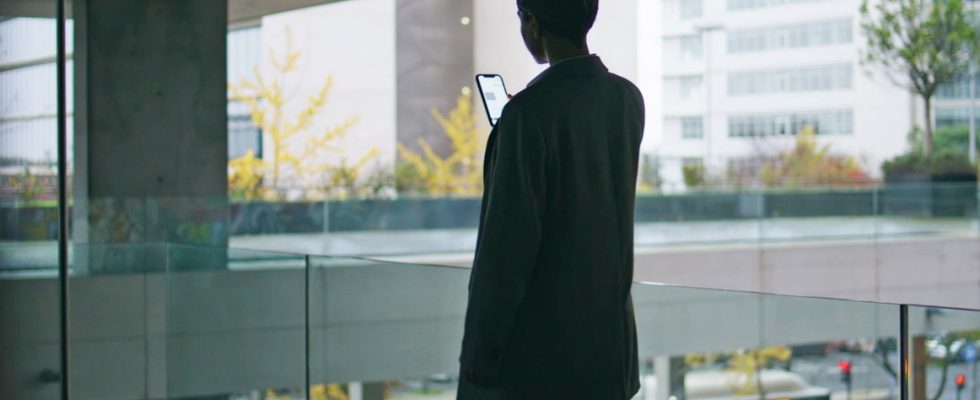All you have to do is not shoot a ball into the goal and the crowd starts attacking. That’s what happened to professional soccer player Luc Castaignos from 1. FC Magdeburg recently. After a missed penalty, he showed on his Instagram profile what was written to him: worst racism.
His case made the headlines briefly two weeks ago, but it has already been suppressed because all of this has long been a depressing part of everyday life. Because it is enough, for example, to belong to some marginalized group or to express a political opinion, and the agitators start on social media. There are threats and insults in expressions that are unnecessary to repeat – you can imagine them.
Hate on the Internet is not a new phenomenon, but precisely because it has existed for years and appears to be growing rather than shrinking, any further in-depth examination can be useful. Just to better understand the extent and also the consequences. That’s why an alliance of several organizations tried to make both tangible. It asked 3,000 people what they experienced in this regard on the Internet. Spoiler: a lot of bad things.
It affects young women particularly often
The Networking point against hate speech (Nettz)the Society for media education and communication culture, Hate Aid and the club New German media makers present the study on Tuesday. The title already gives an idea of the results: “Loud hatred – quiet retreat”. It is one of the most extensive studies on the topic in Germany and was funded by the Federal Ministry for Family Affairs, among others.
Almost half of those surveyed in this study stated that they had already been insulted online. That’s bad in itself, but the study authors also wanted to focus on group-related hatred, such as racism, misogyny or queer hostility. This also includes other “digital violence” such as sending unsolicited nude photos. One in four people has already experienced one of these specific attacks.
And the study also allows conclusions to be drawn as to who is particularly affected: young women between 16 and 24, people with a visible migration background and homosexuals and bisexuals. Almost a third of those surveyed in each of these groups said they had already experienced this. This hatred was most often related to political views, followed by appearance, then physical and mental health and migration background.
What is insult and what is hatred?
What may be a little surprising, perhaps even a small spark of hope, is in the otherwise rather bleak picture: Only just under half of the Internet users surveyed said that they had ever seen hate posts at all. But that could also be because not every user defines every insult as “hate”. This is supported by the fact that when asked directly whether they had already been the target of hate online, only 15 percent answered yes (compared to 24 percent when asked individually about insults, slander, dick pics, etc.).
Users particularly often experience hatred towards X and Tiktok; a good half of daily users often encounter hate there. However, things seem to be only slightly better on Facebook and Instagram, where 40 percent of those who use them every day still experience it frequently.
But the NGO alliance not only wanted to diagnose the perception of Internet users, but also to find out how they deal with it. The shocking conclusion: Those who experience hate “no longer participate in debates or leave the platforms. Diverse perspectives fall silent.” Almost half of those affected have stopped using the relevant network. A third of hate victims also report psychological complaints and problems with their self-image.
Those involved in this “Competence network against hate on the internet“, which initiated the study, is therefore calling for better protection for those affected, more advice centers, better trained prosecutors, but also more consistent action by the platform operators themselves. And even more: “Social media platforms must be held financially responsible,” demand the initiators. They should have to give up part of their profits to cover the “social costs” and co-finance measures such as those described above.

